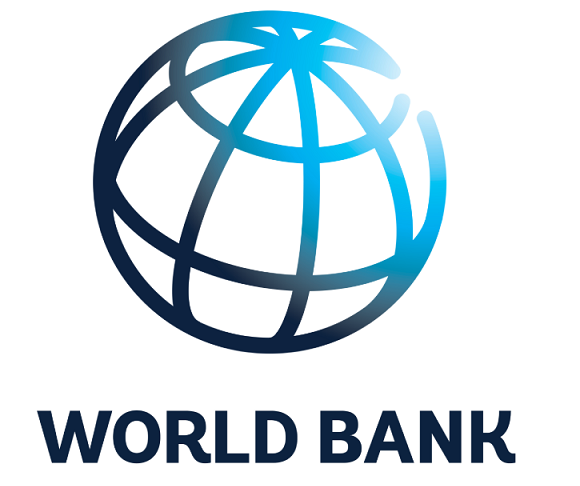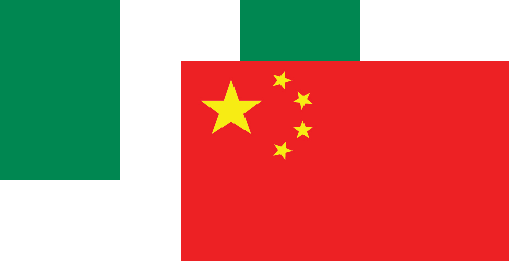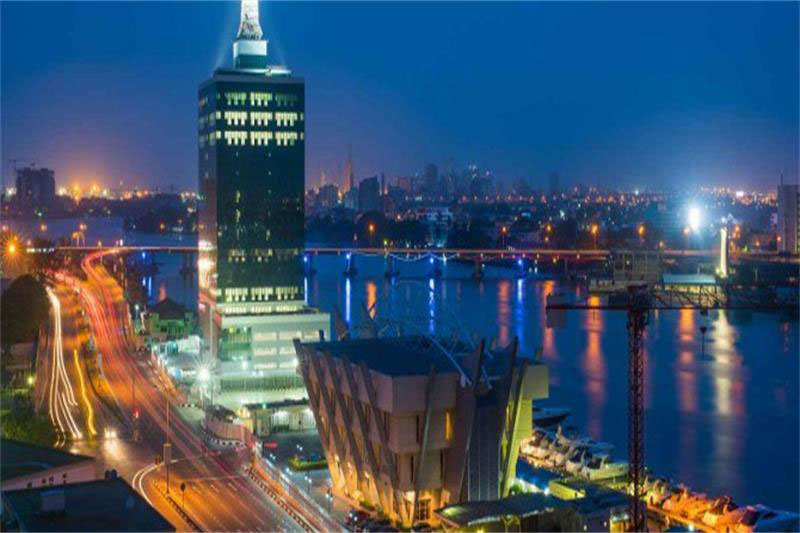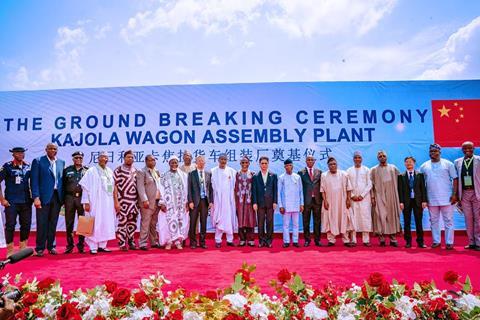For such a large economy, business with continental neighbours remains remarkably small...
For such a large economy, business with continental neighbours remains remarkably small.
Jorge Bom Jesus, the prime minister of São Tomé and Príncipe, apologises for the lack of air conditioning, which follows a string of power cuts. Angola, which supplies the fuel the west African republic uses to produce electricity, has been sending less oil lately because its production is down and it is owed money by the tiny island nation.
“Angola has been having difficulty in delivering oil to us,” Mr Bom Jesus laments. “We have to find other strategies to get fuel.” One option is Nigeria, Africa’s largest economy and its biggest crude producer, just 300 miles away across the Gulf of Guinea.
“While things worked, we never thought about it. Now we have to put all the options on the table,” says Mr Bom Jesus. São Tomé and Príncipe’s needs are an example of trade opportunities that Nigeria may be able to explore, especially since both countries recently signed the Africa Continental Free Trade Agreement.
The practical benefits of the agreement remain to be seen, especially as smaller neighbours often feel intimidated by Nigeria. Only a few months after signing the free trade agreement, Nigeria partially closed its border with Benin. It has now closed its land borders to all movements of goods, ostensibly to combat smuggling.
São Tomé and Príncipe: time to buy Nigerian © Rui Camilo
For an economy with a gross domestic product of nearly $400bn, Nigeria’s trade with the rest of Africa remains small. It accounted for only $7bn in 2017, says Afreximbank, the pan-African trade finance institution.
Nigeria’s top export destinations are India and the US and the leading sources of its imports are China and Belgium, according to the Atlas of Economic Complexity at Harvard University.
Nigeria’s future trade, argues Efem Ubi, who heads the division of international economic relations at the Nigerian Institute of International Affairs in Lagos, may lie in deepening relations with African neighbours and other emerging markets. “We’ll be good at south-south trade because it is easier for those partners to understand us,” he says.
Recommended
African economy
High hopes as Pan-African free trade deal comes into force
China, at least, has benefited from understanding Nigeria. Over the past decade, Chinese state banks and contractors have helped build a 186km rail line between the cities of Abuja and Kaduna, with another line between Lagos and the northern city of Kano under construction.
While Chinese imports from Nigeria grew almost tenfold in two decades — from $182.5m in 1999 to $1.86bn last year — Chinese exports to Nigeria rocketed from $396.4m to $13.4bn, according to the China Africa Research Initiative at Johns Hopkins School of Advanced International Studies in Washington.
This has turned Nigeria into a “perennial importer of Chinese goods”, says Mr Ubi. For its part, the Nigerian government rejects criticisms that it has become dependent on China.
Recommended
Nigeria
Chinese investment extends its influence in Nigeria
Others, meanwhile, are trying to follow China’s example. Brazil, for instance, sees opportunities in Nigeria. “The potential for trade and investment relations between Brazil and Nigeria is untapped,” says Marcos Troyjo, Brazil’s deputy economy minister for foreign trade. Brazil has been considering importing gas from Nigeria to reduce its dependence on gas purchases from Bolivia.
Russia is another country looking to increase its Nigerian trade links.
By Andres Schipani
Reade the full Article here: https://www.ft.com/content/d7d31d8a-e39c-11e9-9743-db5a370481bc




